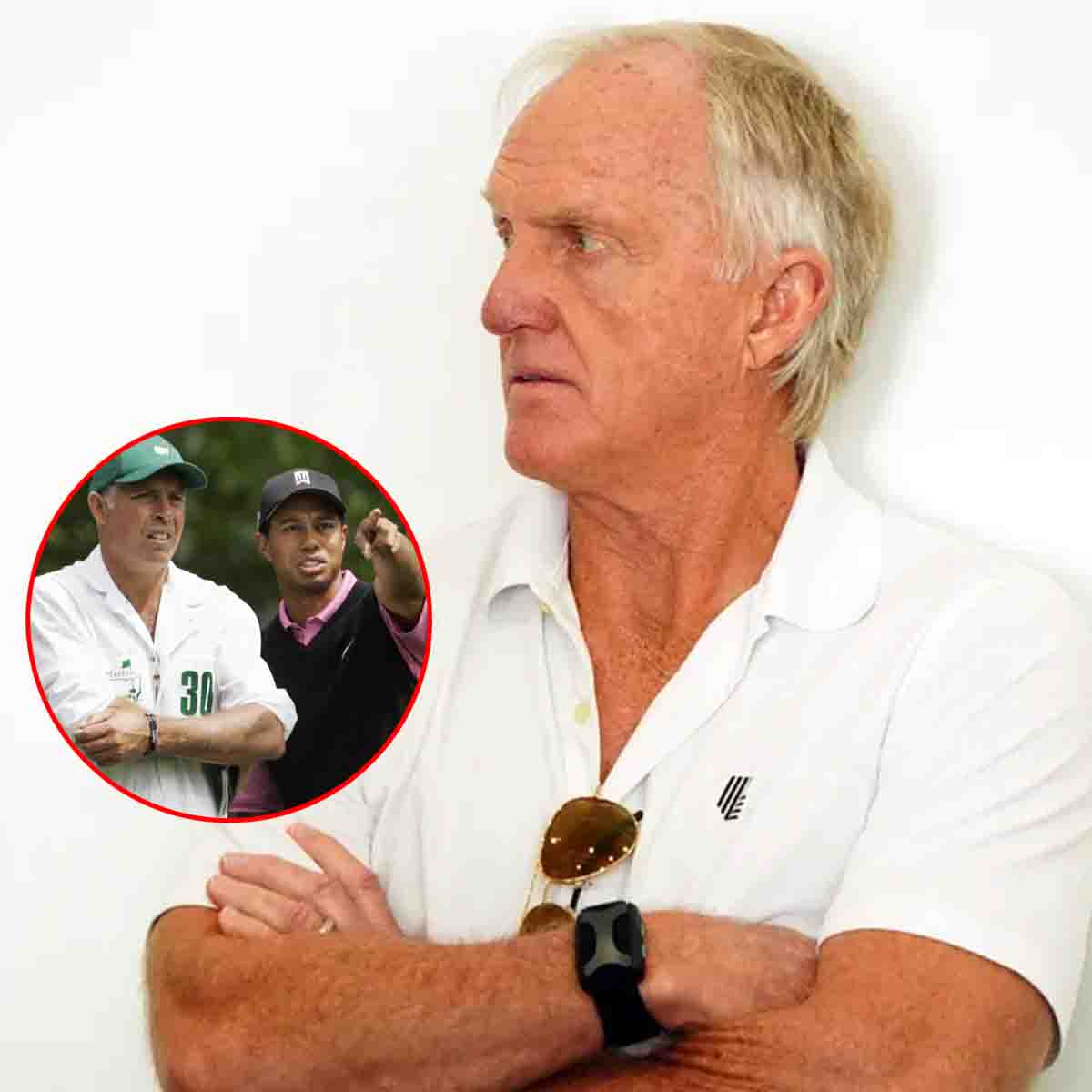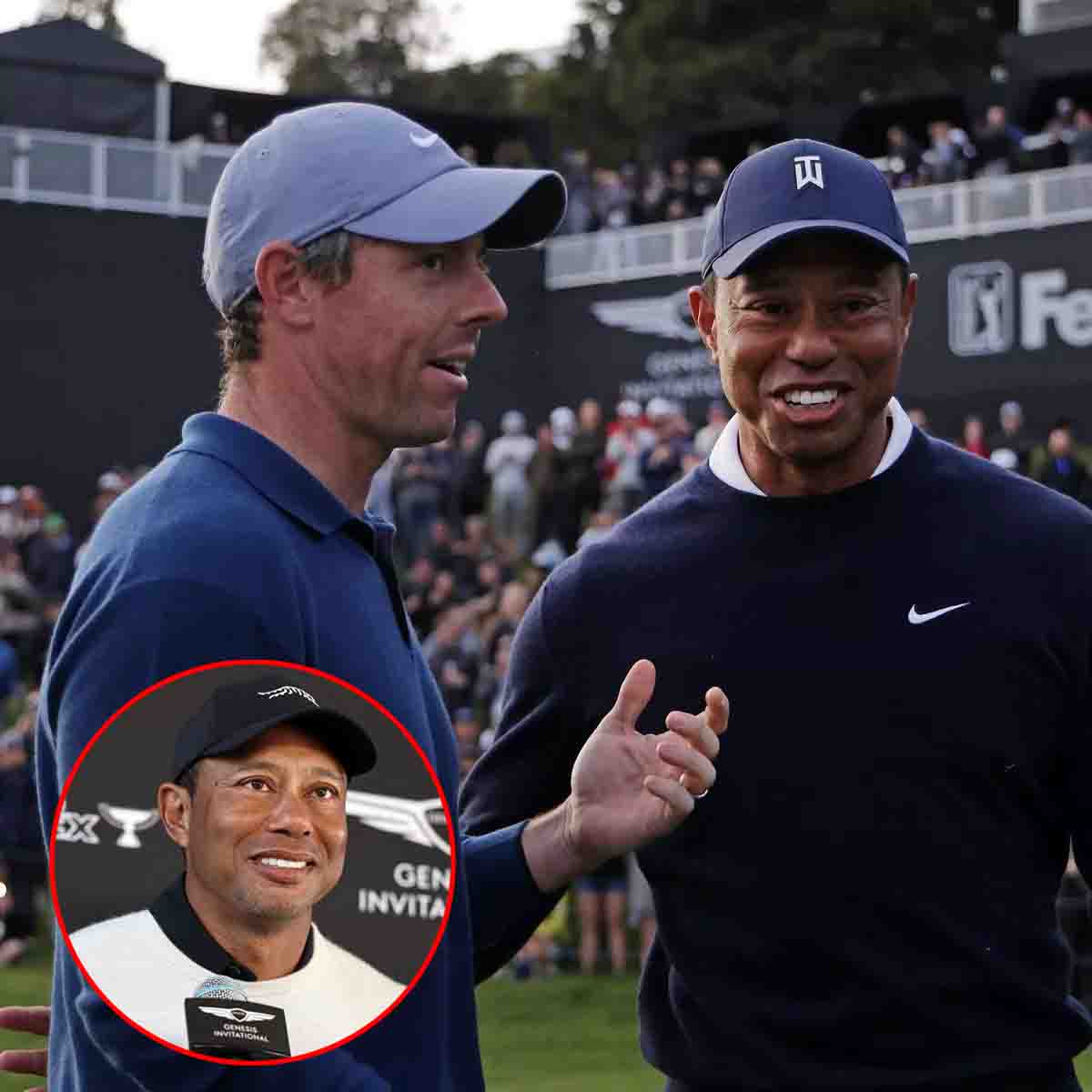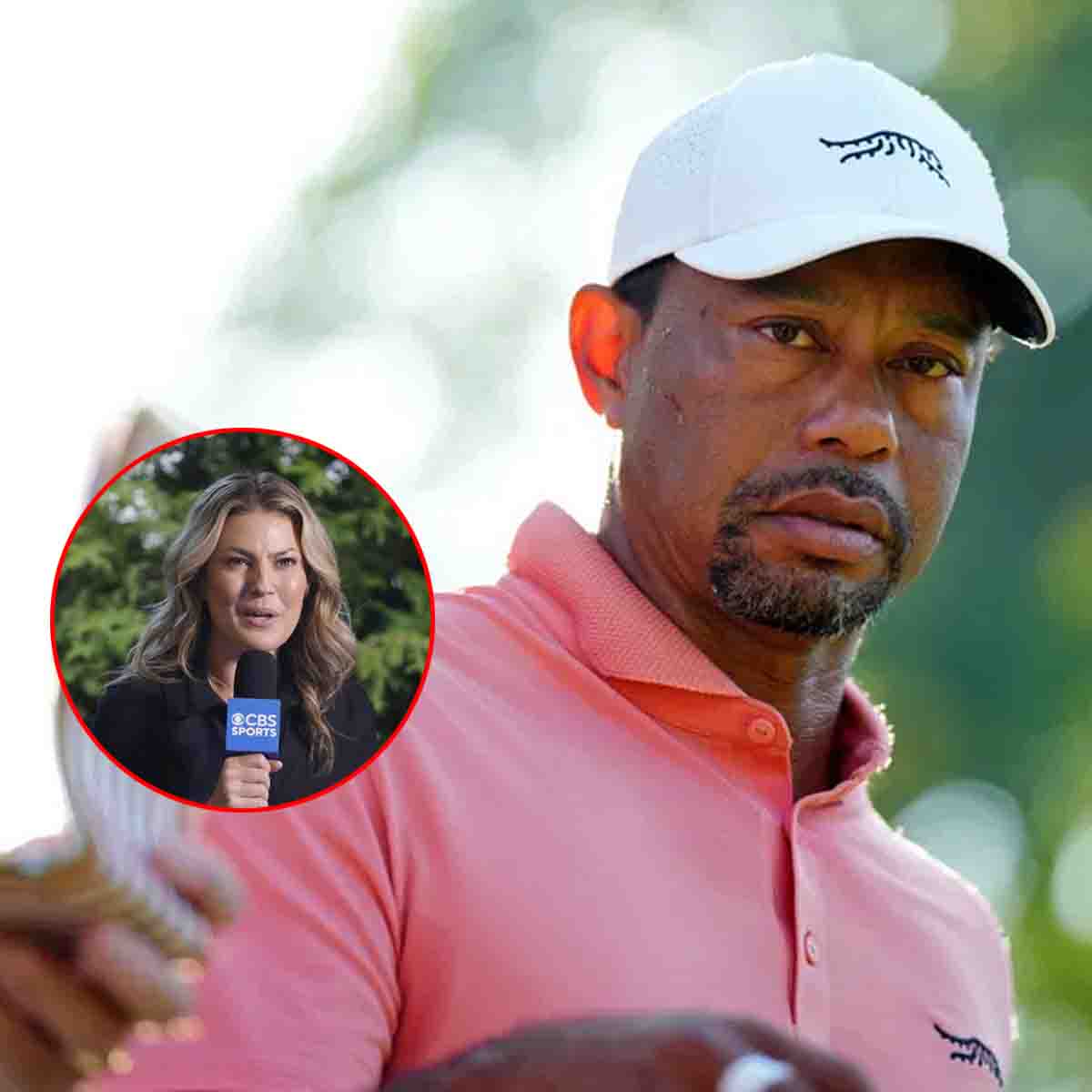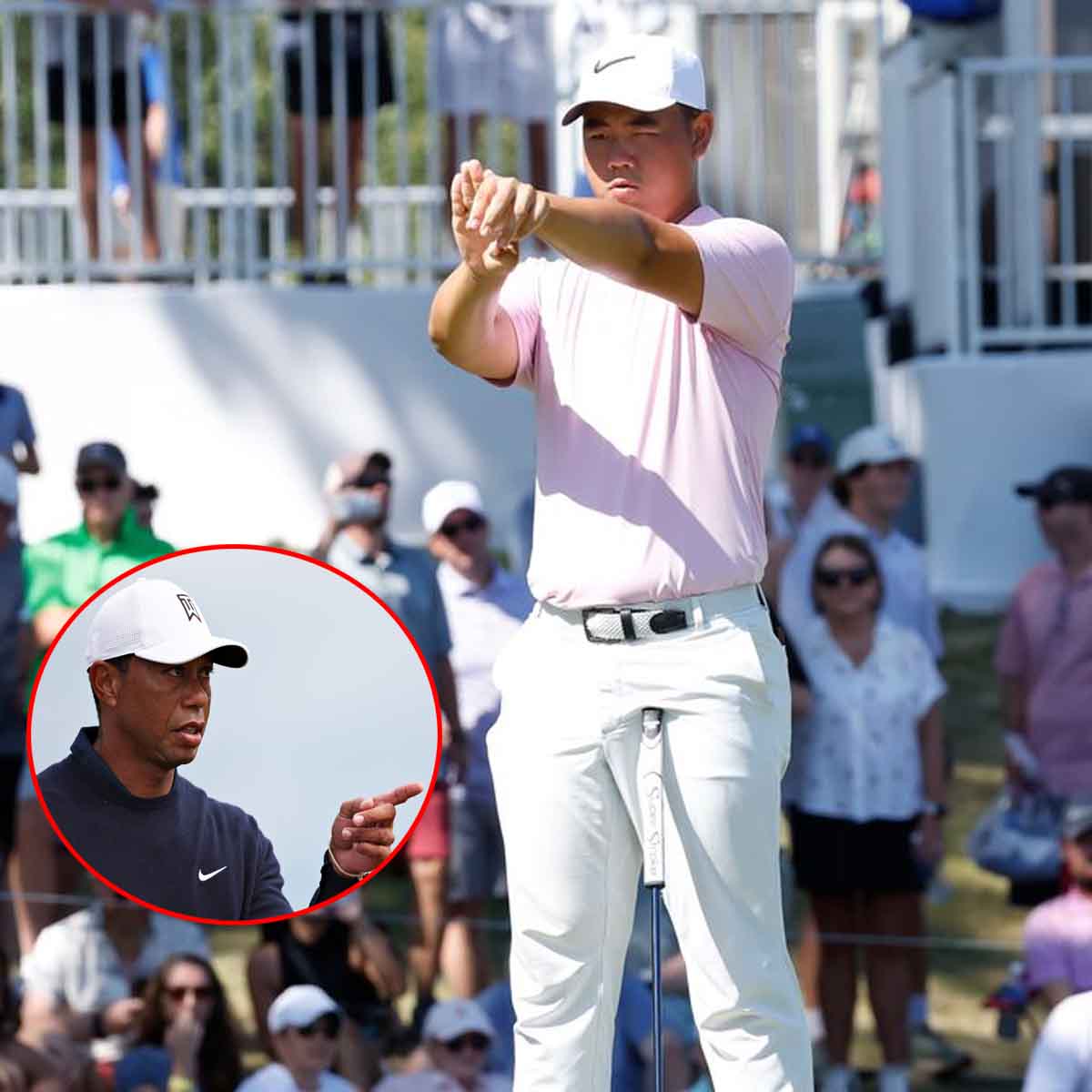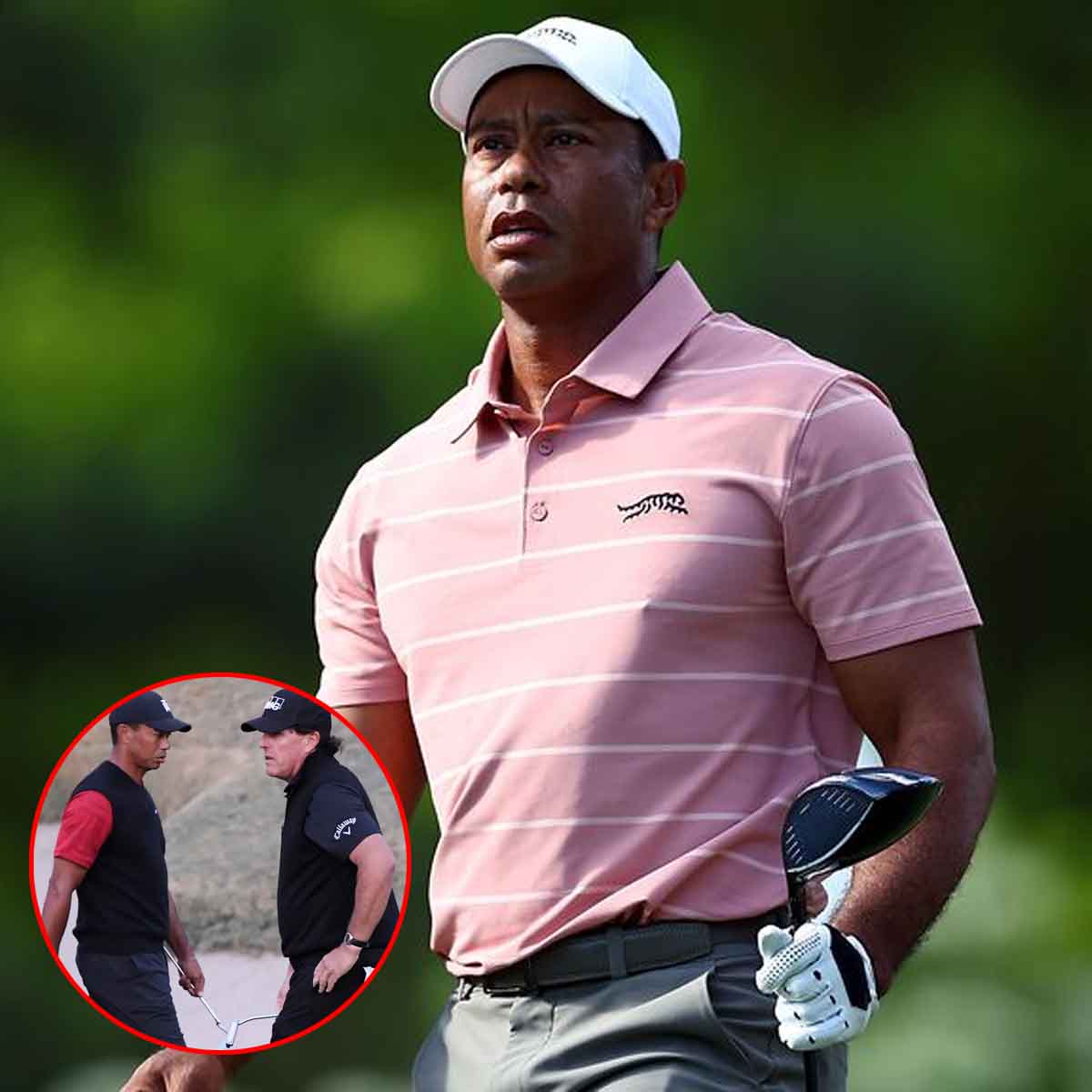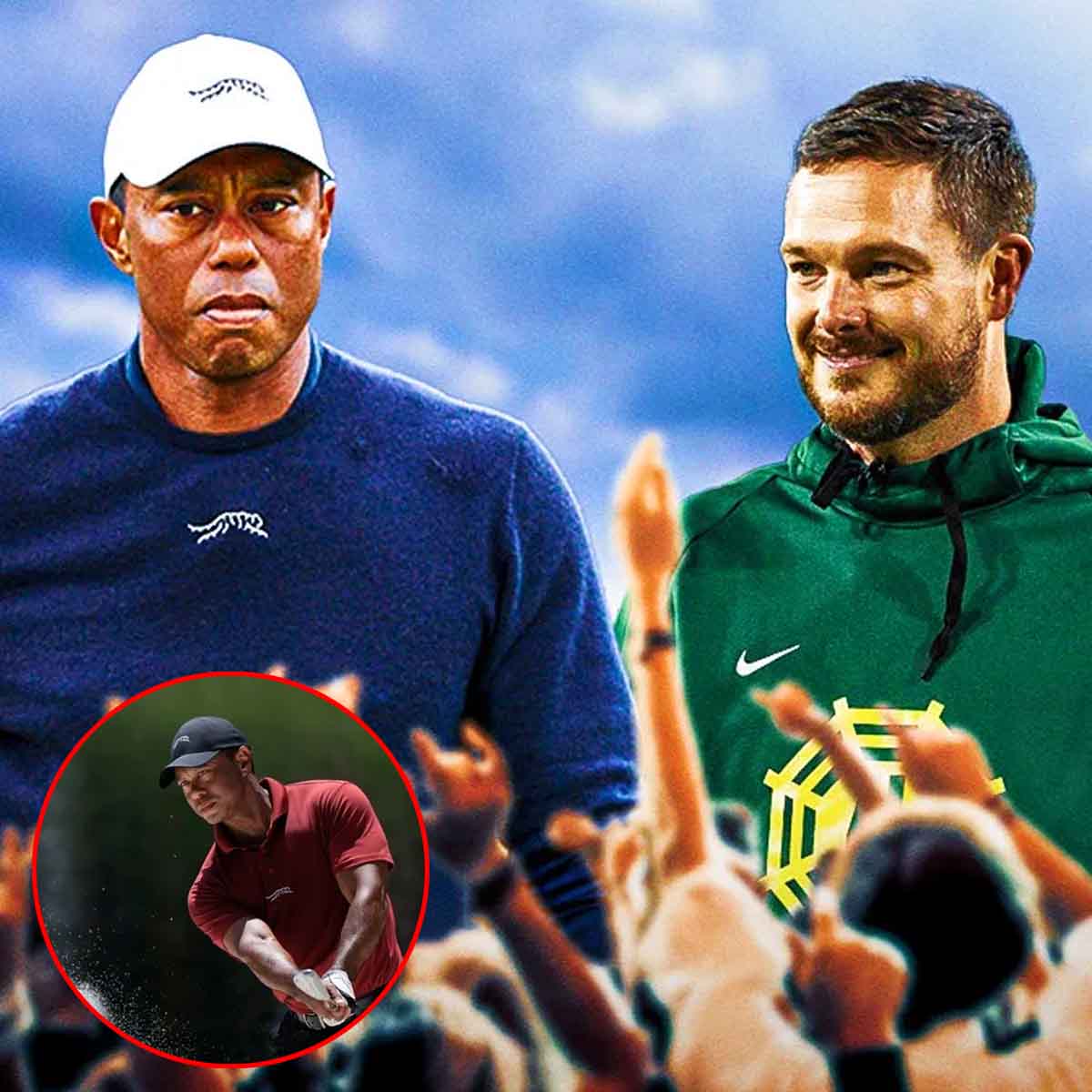The results were probably what Tiger Woods should have expected in last week’s Hero World Challenge in the Bahamas. In his first start in more than seven months, the 15-time major champion finished even par and 18th out of 20 players in the unofficial PGA Tour event.
More importantly, though, Woods’ surgically repaired right ankle and foot didn’t trouble him while walking 72 holes at Albany. He had fusion surgery April 19 to relieve post-traumatic arthritis caused by injuries in a February 2021 car wreck. Woods said last week that his right ankle was essentially “bone-on-bone” before his latest procedure.
“It’s not bothering me, no,” Woods said, when he was asked about the ankle.
That doesn’t mean the rest of his body didn’t hurt. Woods has undergone at least four microdisectomy procedures on his back, most recently in December 2020 to relieve nerve pain in his lower back. He had a more complex spinal fusion in April 2017 that sidelined him for about 11 months.
“My back hurts every day,” Woods said. “It is what it is, that’s just life. But I can deal with that, that’s not a problem.”
On top of the injuries, Woods is also battling Father Time. He turns 48 on Dec. 30. He’s competing against golfers who are much younger than he is, most of them in their 20s and 30s.
Woods said it still takes him about four or five hours to recover from playing a round. His post-round treatment includes massages and ice baths. Getting his back, leg and ankle activated through physical therapy and time in the gym before each round makes for a long day.
“It’s about the same, just I don’t have the bone pain that I did,” Woods said. “But I still have to go through the same protocols. It takes a long time. That’s the unfortunate thing about aging and trying to do something that either I’ve worn out my body or trying to keep up with the younger people. It takes a long time pre- and post-[round]. You spend more time in the treatment room and weight room than you do on a golf course. That’s just part of wanting to hang around as an athlete.”
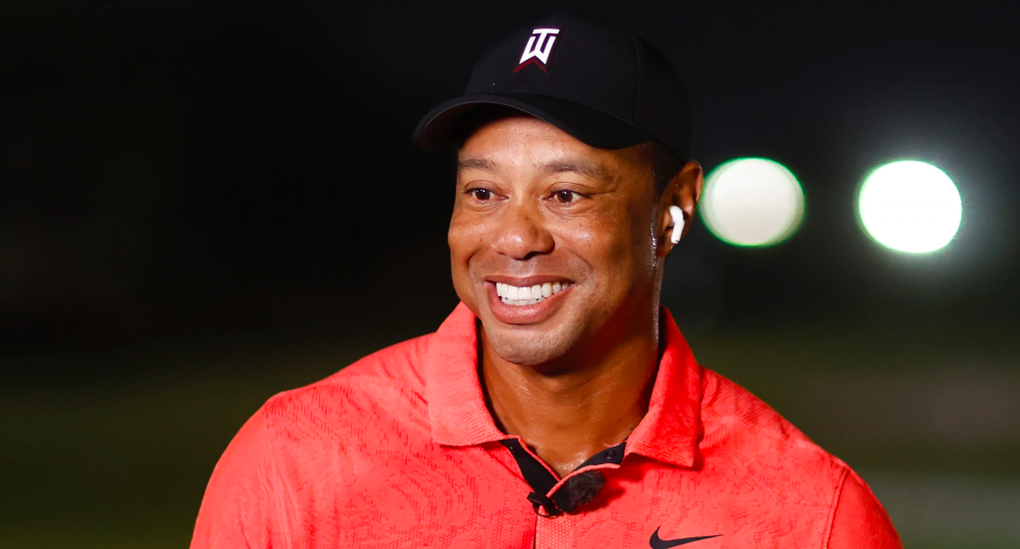
Fans will probably see Woods one more time this calendar year. He’s scheduled to play with his son, Charlie, Dec. 14-17 in the PNC Championship at the Ritz-Carlton Golf Club in Orlando. Woods jokes that it’s the “fifth major,” as he and his 14-year-old son will be competing against Woods’ good friend Justin Thomas and Thomas’ father, Mike.
Woods said last week that he hopes to play one tournament a month in 2024. His first start might come Feb. 13 in the Genesis Invitational at Riviera Country Club outside Los Angeles, a 72-hole tournament that he hosts. Like the Hero World Challenge, it benefits Woods’ TGR Foundation.
Despite making only five starts in official PGA Tour events the past two seasons, Woods has an exemption into the Players Championship at TPC Sawgrass in Ponte Vedra Beach, Florida, March 14-17. His fifth Masters victory in April 2019 earned him a five-year exemption into the Players.
Woods could opt to compete March 7-10 in the Arnold Palmer Invitational in Orlando instead. It wouldn’t give him as much time to recover after the Genesis Invitational, but Bay Hill Club and Lodge might be an easier walk than TPC Sawgrass.
The Masters will be played April 11-14 at Augusta National Golf Club. Last year, Woods made his 23rd consecutive cut, tying Gary Player and Fred Couples for the longest streak in the tournament’s history. He withdrew midway through the rain-delayed third round because of severe pain in his right foot and ankle. At the time, Woods said the pain was caused by plantar fasciitis. He had subtalar fusion surgery on his right ankle about two weeks later.
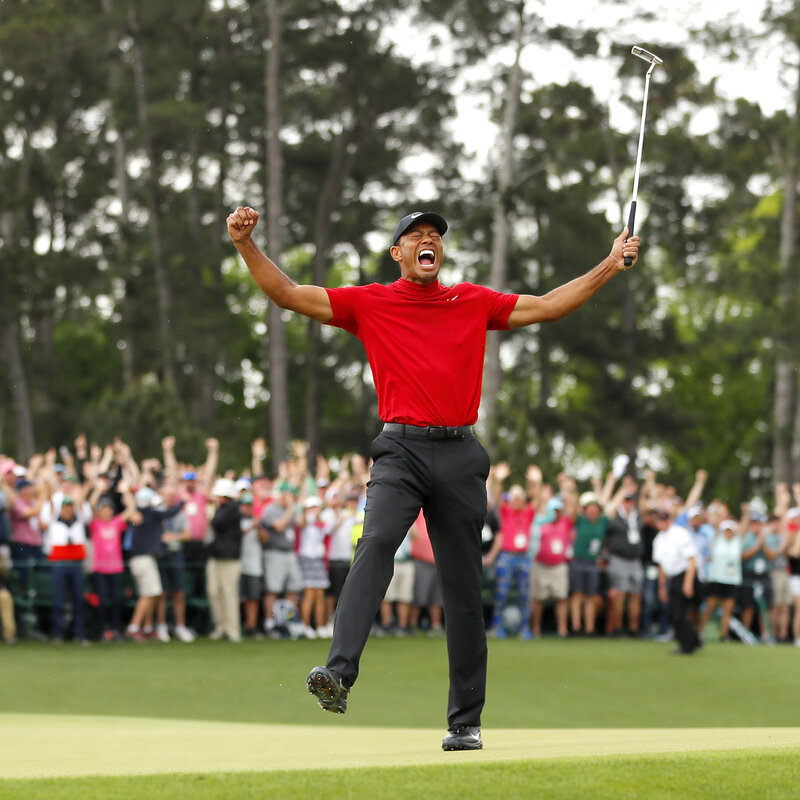
If everything goes right, Woods would probably spend the next three months competing in the majors: PGA Championship at Valhalla Golf Club in Louisville, Kentucky, May 16-19; U.S. Open at Pinehurst No. 2 in Pinehurst, North Carolina, June 13-16; and The Open at Royal Troon Golf Course in Troon, Scotland, July 18-21.
In 2000, Woods won his second straight PGA Championship at Valhalla, defeating Bob May in a three-hole playoff.
Whether Woods’ playing schedule extends beyond July will depend on his health and how well he plays in the majors. He probably won’t make enough PGA Tour starts to qualify for the FedEx Cup playoffs — unless he does something magical in one of the four major championships.
“I think that I can get into the rhythm of it,” Woods said. “I think that having a couple of weeks off to recover, a week to build up, there’s no reason why I can’t get into that rhythm. It’s just a matter of getting in better shape, basically. I feel like my game’s not that far off, but I need to get in better shape.”
Overall, Woods seemed satisfied with his performance at the Hero World Challenge. He said he drove the ball “on pretty much a string all week” on wide fairways at Albany. He said his ball speed was up off the tee. He admitted he had work to do with his short game; Albany is considered one of the more difficult courses around the green because of the grain.
“To be able to knock off some of the rust as I have this week and showed myself that I can recover each and every day, that was kind of an unknown as far as I’ve walked this far,” Woods said. “I’ve done all my training, but add in playing and concentration and adrenaline and all those other factors that speed up everything. I’m very excited about how the week’s turned out.”
Although Woods said he didn’t have to adjust his swing after the latest surgery, there are areas where he has had to make adjustments.
“There’s a lot of things I can’t do that I used to be able to do with a golf ball,” Woods said. “I used to be able to call upon any shape, any shot whenever you wanted and was able to contort myself to those shots. I can’t do that anymore. I’ve always been one that has been able to hit the ball in the middle of the face, so that’s been good. I’m hitting the ball further than I did when I first came out on tour. I’m slower, but [with technology] I’m still able to hit the ball in the middle of the face, so there’s always an advantage to do that.”
Scottie Scheffler, who won the Hero World Challenge by 3 strokes over Sepp Straka, said Woods still produces a recognizable sound when he’s flushing iron shots on the practice range.
“I love looking down the range and seeing him hit balls and hearing that sound,” Scheffler said. “He’s still got the same sound, which is amazing. I feel rusty coming off two months without a tournament. He goes almost a year at a time and he comes back and he plays fine golf.”
While Woods’ return to competitive golf comes at an important time for the PGA Tour as it continues to battle the LIV Golf League for the world’s best players, his work on the tour’s policy board might be even more important. Woods was named a player director Aug. 1, after the PGA Tour’s stunning June 6 announcement that it had signed a framework agreement with Saudi Arabia’s Public Investment Fund and the DP World Tour.
The framework agreement is set to expire Dec. 31, and PGA Tour commissioner Jay Monahan last week called that a “firm deadline.” The tour is also entertaining investment proposals from a handful of U.S.-based equity groups.
Like Jack Nicklaus and Palmer before him, Woods has taken on an integral role in shaping the future of the tour.
“Tiger’s not someone that’s going to go at anything 50 percent,” Scheffler said. “He’s going to go 100 percent into whatever he’s doing, and right now that’s a lot of stuff for the tour. As a player, I’m extremely grateful for what he’s doing. He has our best interests in mind, and he’s not going to compromise when it comes to what’s best for the players. His voice definitely holds a lot of weight.
“So for us as players, it’s great to have him on our side. It’s great that he wants to do this stuff. That’s another thing, he doesn’t have to do that. He could easily sail off into the sunset, never touch a club again, never do anything again, just go live his life and enjoy [the] second half of his life and do whatever.”
Jordan Spieth, another player director on the policy board, said Woods isn’t “stepping in to throw influence anywhere.”
“It just comes with him when he walks in the door,” Spieth said. “He’s a listener, and he has a lot of experience. He’s seen the PGA Tour go through a lot of different changes over almost 30 years for him now. He comes with that kind of perspective as well as somehow a way of recognizing what can be good for the PGA Tour and its entire membership when he’s never been an ordinary member, but it doesn’t seem lost on him.”
Thomas compared his role to Nicklaus and Palmer passing Woods the torch more than a quarter-century ago.
“It was an honor for him to kind of get the torch passed to him from Arnold and Jack,” Thomas said. “I think he’s looking at it as he wants to kind of pass that to whatever the following generation is.
“I think as little as he’s playing, it’s very clear that the decisions he’s making and thoughts that he has isn’t for his own good, it’s for the betterment of the game. As a player who’s out here, I mean, someone of his stature and someone with his accomplishments, he doesn’t need to be taking the time to do that. He could very well just be posted up and come play whenever he wants. But he takes it seriously. He wants the game of golf to continue to grow and be in a great spot.”
